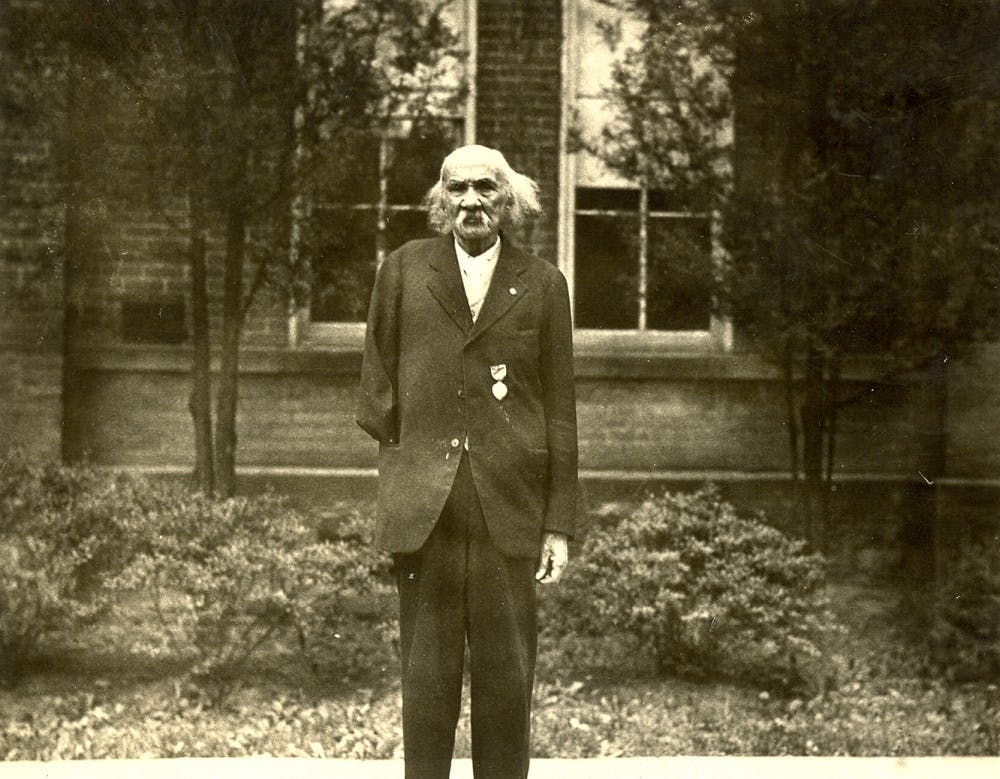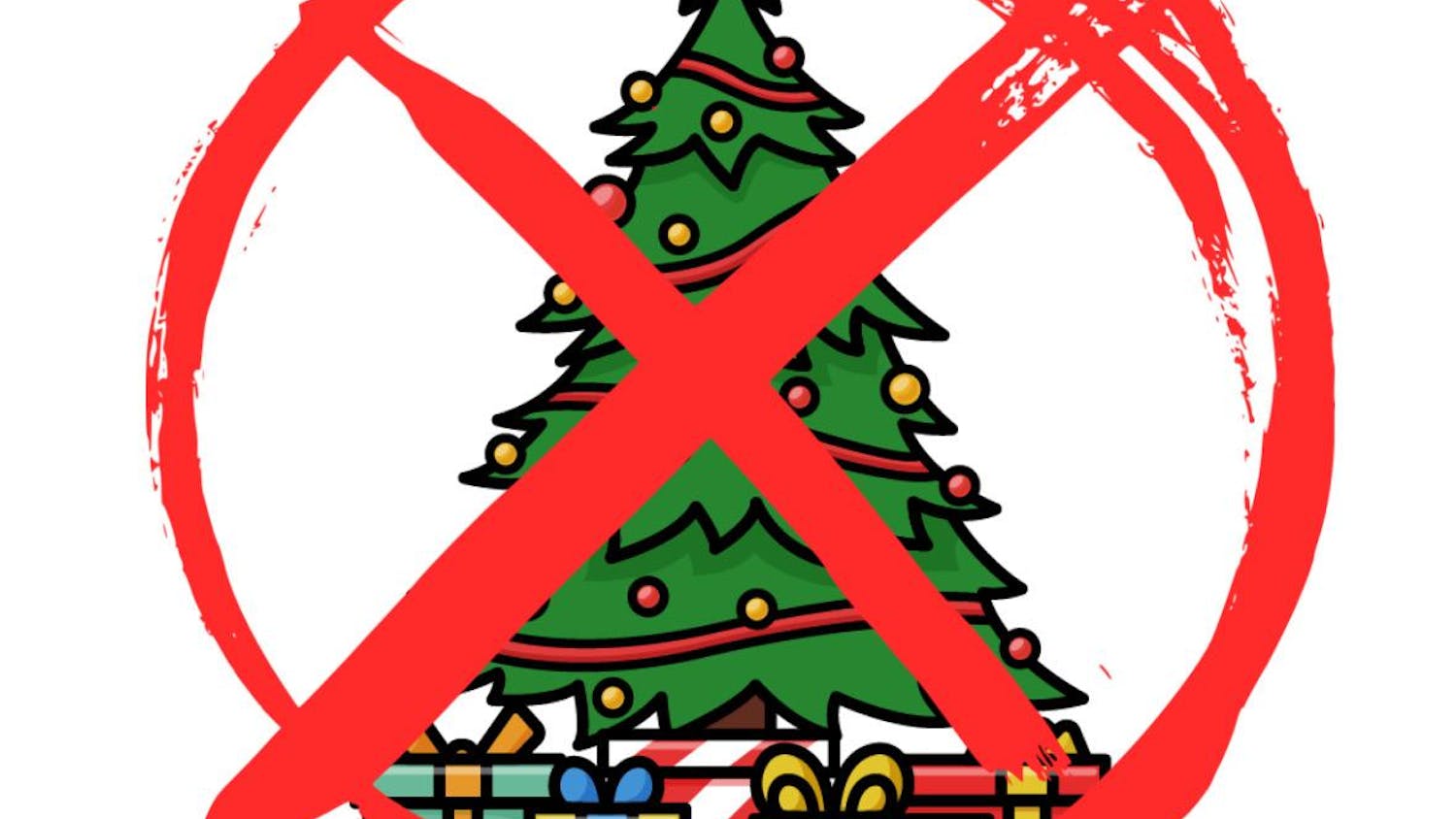William Hannibal Thomas, Otterbein University’s first African-American student, was shunned from churches, publishing companies and the African-American community after multiple publications that exposed his white supremacist beliefs.
After a brief but traumatic career at Otterbein University and in the U.S. Army, Thomas briefly pursued careers in ministry and began teaching himself law. Though he passed the South Carolina Bar Examination and later served on South Carolina's state legislature, the clerk’s office at the House of Representatives said, “He was denied his seat on May 1, 1877 for his gross contempt and defiant attitude against the law and the dignity of the House.”
Thomas then began to pursue his career as a writer in Massachusetts and New York. His literary work culminated in his novel, “The American Negro.” The novel denounced the African-American community by claiming that they were inferior to white people.
Prior to writing his novel, Thomas published a magazine in Boston titled, The Negro. According to Thomas, the magazine was “devoted to critical discussion of race problems involved in the mental, moral, social and material condition of the Negros in the U.S.”
After four volumes, the magazine failed due to lack of interest and subscriptions. Thomas then turned to writing a monograph titled, “Land and Education", which warned African-Americans that if they couldn't obtain land and an education, they would live in poverty forever.
In the backlash that followed his publications, Thomas was shunned from churches, social groups and publishing companies.
Following his failure in Boston and New York, Thomas moved back to Westerville and joined the United Brethren Church, now known as the Church of the Master. He was admitted to the U.S. Supreme Court in 1922.
He taught law out of his home and worked part time as a janitor until his death in 1935. The birth date and status as a military veteran were false on his tombstone until they were updated by the Rev. Brian Green.
“He’s certainly a complicated character," said Otterbein Archivist Stephen Grinch. "One that, if I was given the chance, I’d definitely like to go back in time and have a conversation with.”








